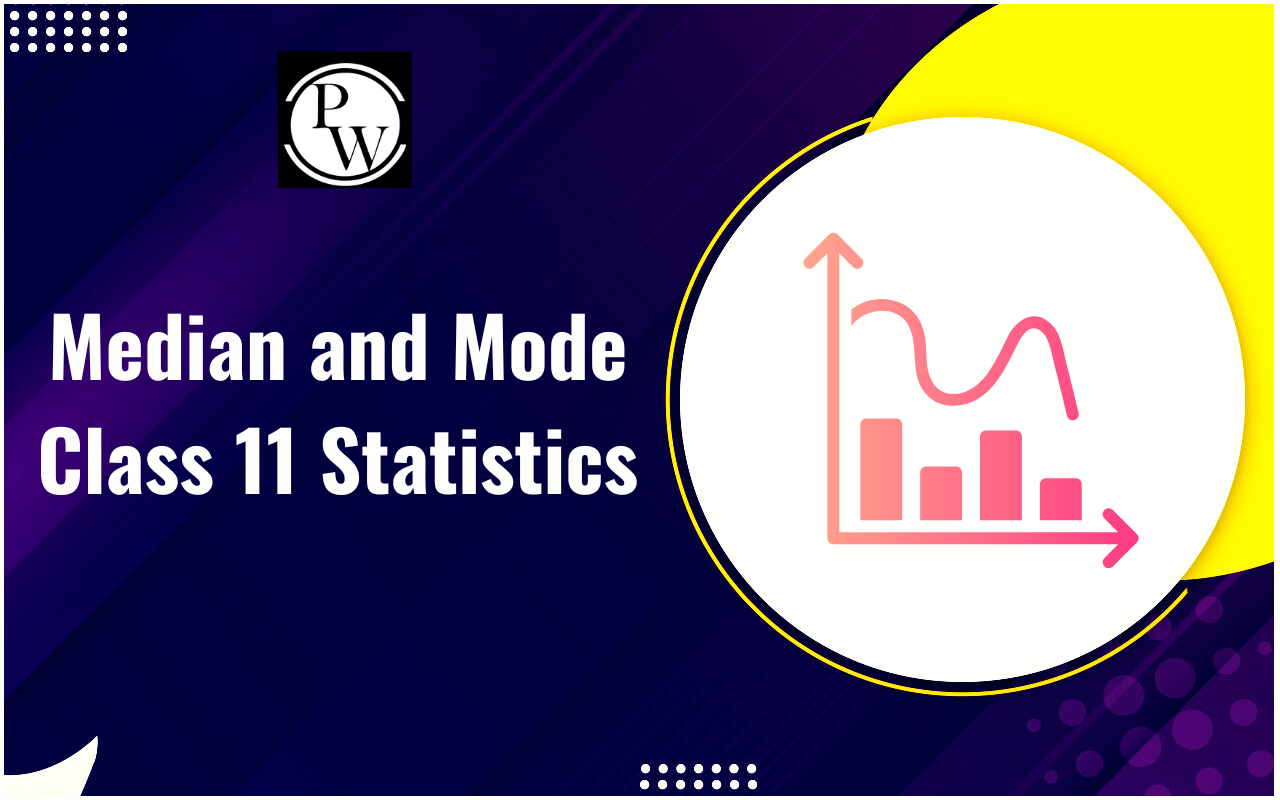
Difference between ADR and GDR: Investing globally through depositary receipts offers investors access to foreign companies' shares. American Depositary Receipts (ADR) and Global Depositary Receipts (GDR) are key instruments in this realm, each with distinct characteristics. ADRs, issued by U.S. depositary banks, enable foreign firms to list their shares on U.S. exchanges, appealing primarily to American investors. In contrast, GDRs, issued by international banks, facilitate trading on multiple global markets, catering to a diverse international investor base.
These differences extend to regulatory compliance, trading venues, and strategic purposes. ADRs comply with U.S. securities laws and trade exclusively on U.S. exchanges, while GDRs adhere to various countries' regulations and trade internationally. Understanding these distinctions helps investors navigate cross-border investment opportunities and assists companies in expanding their global investor reach effectively.What is Global Depositary Receipts (GDRs)?
A Global Depositary Receipt (GDR) is a depositary receipt similar to an American Depositary Receipt (ADR). A GDR is a bank-issued certificate representing shares in a foreign company. These shares are held by a foreign bank and are traded domestically among the bank's branches but are also available for global sale. As suggested by its name, GDRs can be offered in multiple countries worldwide. In contrast, depositary receipts limited to a single foreign market are typically named after that market, such as American Depositary Receipts (ADRs), European Depositary Receipts (EDRs), Luxembourg Depositary Receipts (LDRs), or Indian Depositary Receipts (IDRs).What is American Depositary Receipts (ADRs)?
An American Depositary Receipt (ADR) is a negotiable certificate issued by a U.S. depositary bank that represents a specified number of shares, usually one share, of a foreign company's stock. ADRs trade on U.S. stock markets just like domestic shares. ADRs are shares issued in the U.S. by a foreign company through a depositary bank intermediary. This process involves a foreign company collaborating with a U.S. depositary bank to issue and manage these shares, making them available exclusively in the United States. ADRs can be traded on various U.S. exchanges, including the New York Stock Exchange (NYSE) and Nasdaq, as well as over-the-counter (OTC) markets. Both foreign companies and their depositary bank intermediaries must comply with U.S. laws when issuing ADRs, subjecting them to U.S. securities regulations and exchange rules, which ensures a comprehensive regulatory framework for ADRs.What are the Difference Between ADR and GDR?
American Depositary Receipts (ADR) and Global Depositary Receipts (GDR) are both types of depositary receipts that facilitate investment in foreign companies. However, they differ in several key aspects:
| What is the Difference Between ADR and GDR | ||
| Feature | ADR (American Depositary Receipt) | GDR (Global Depositary Receipt) |
| Definition | A negotiable certificate issued by a U.S. depositary bank representing shares of a foreign company traded on U.S. stock markets. | A bank-issued certificate representing shares in a foreign company, available for trading globally, not limited to a single market. |
| Issuing Bank | Issued by U.S. depositary banks. | Issued by international banks and can be traded in multiple countries. |
| Trading Markets | Trades exclusively on U.S. stock exchanges like NYSE and Nasdaq, and over-the-counter (OTC). | It can be traded on various international markets, not restricted to the U.S. |
| Investor Base | Primarily targets U.S. investors. | Targets a global investor base, offering access to shares from multiple countries. |
| Regulatory Compliance | Must comply with U.S. securities laws and exchange rules. | It must comply with the regulations of the various countries where it is traded. |
| Purpose | Facilitates investment in foreign companies by U.S. investors, making it easier to trade foreign stocks in the U.S. | Provides a way for foreign companies to raise capital from investors worldwide. |
| Availability | Available only in the United States. |
Available in multiple countries, offering greater flexibility for international investment. |
Begin your journey towards academic excellence in Commerce with our comprehensive Class 11 Commerce courses . Master the CBSE syllabus with expert guidance and ace your exams. Enroll now!”
Difference between ADR and GDR FAQs
What is a GDR (Global Depositary Receipt)?
Who issues ADRs and GDRs?
Where do ADRs and GDRs trade?










